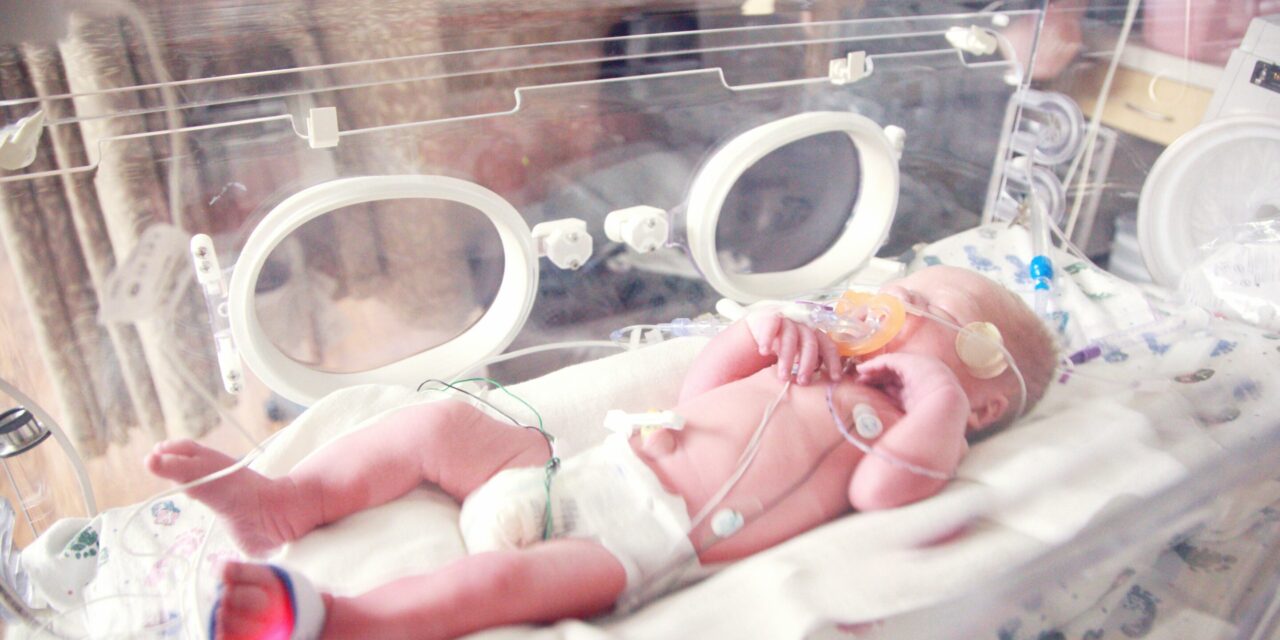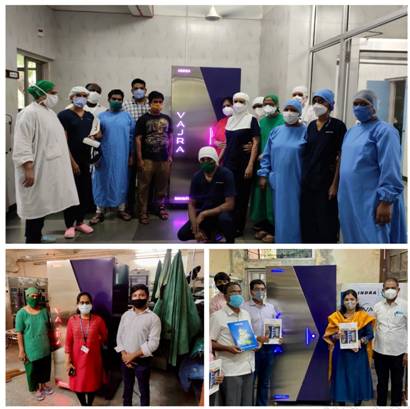Vienna, Apr 14 – A stark new global study has quantified the devastating impact of Antimicrobial Resistance (AMR) on children, revealing that over three million children under five died in 2022 due to infections that could not be treated effectively with antibiotics. The findings, released Sunday in Austria by the European Society of Clinical Microbiology and Infectious Diseases (ESCMID), underscore AMR as a growing “silent pandemic” disproportionately affecting the world’s most vulnerable populations.
The research highlights Southeast Asia and Africa as the regions suffering the highest child mortality from drug-resistant infections. According to the data, Southeast Asia recorded 752,000 such deaths, while Africa reported 659,000. The remaining 1.5 million fatalities were spread across other parts of the globe.
“AMR poses a critical threat to children, who are highly vulnerable to infections,” the report explicitly states, emphasizing that young patients often lack access to timely diagnosis and appropriate treatment, especially when faced with resistant bacteria.
Professor Joseph Harwell of the Clinton Health Access Initiative, a co-author of the study, attributed the crisis to the widespread overuse and misuse of antibiotics. This practice, he explained, has fueled the evolution of ‘superbugs’ – bacteria resistant to multiple, often potent, medications. “If bacteria develop resistance to these antibiotics, there will be few, if any, alternatives for treating multidrug-resistant infections,” warned Professor Harwell.
Alarmingly, the study identified a significant rise in the use of ‘Watch’ and ‘Reserve’ category antibiotics, which are typically reserved for specific situations due to their potential to drive resistance or because they are last-resort treatments. The report linked the use of these restricted antibiotics to over two million of the child deaths observed in 2022. The increased reliance on these drugs, particularly in Asia and Africa, signals a critical challenge for global health.
Researchers pointed to several contributing factors exacerbating the AMR crisis in low- and middle-income countries. These include overcrowded hospitals, poor sanitation infrastructure, weak infection prevention and control practices, and a lack of robust surveillance systems capable of tracking resistance trends effectively.
Concluding with a call for immediate action, the study urged, “Addressing this issue requires urgent and coordinated action at both regional and global levels.” Governments and health organizations worldwide are being pressed to implement comprehensive strategies to combat paediatric AMR before the situation deteriorates further.
Disclaimer: This news article is based on information provided from a study released by the European Society of Clinical Microbiology and Infectious Diseases (ESCMID). The data presented pertains to the year 2022.












